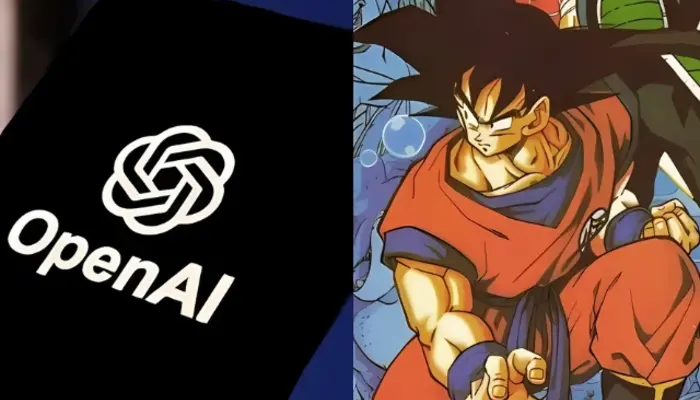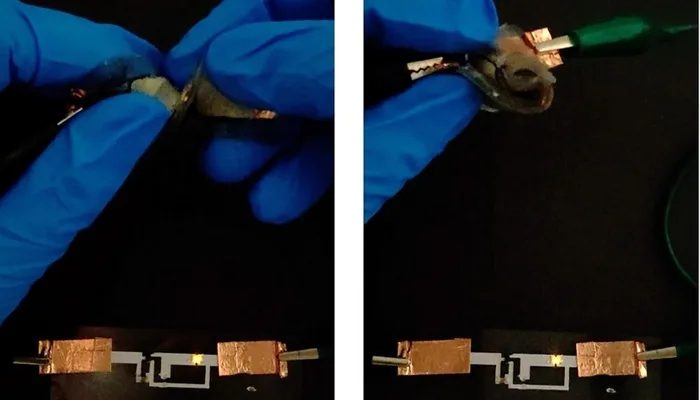ByteDance’s Goku AI Shakes Up Global AI Race, Challenges OpenAI

ByteDance has launched Goku AI, a cutting-edge artificial intelligence model designed for image and video generation. This bold move intensifies competition in the AI race and challenges OpenAI’s dominance.
Goku AI: A New Standard in Visual Content
Goku AI uses rectified flow transformers, an advanced architecture that improves the accuracy and smoothness of visual content. Unlike traditional AI, Goku refines its digital “brushstrokes,” minimizing glitches and producing high-quality visuals from text prompts. The model is positioned as a strong rival to OpenAI’s Sora, showcasing its potential in creative and commercial applications.
Open-Source Model and Strategic Disruption
One of Goku AI’s standout features is its open-source nature. This accessibility aligns it with models like Meta’s Llama and DeepSeek. While open-source AI lowers barriers for businesses and startups, it complicates regulatory efforts. Governments, especially in the US, face challenges in controlling the proliferation of open-source technology.
“Having the best AI model is no longer enough,” said AI expert Lutz Finger. “Adaptability and application will define future success, not just regulation.”
Goku AI’s arrival signals the growing influence of Chinese firms in artificial intelligence. China’s heavy investment in AI has led to sophisticated models that increasingly challenge the dominance of US firms.
Read: Apple and Netflix: Is a TV App Integration Finally Happening?
Business Implications and Market Transformation
Goku AI’s capabilities are expected to transform how businesses use AI. By generating high-quality content at scale, companies can reduce production costs and streamline creative processes. Businesses will shift their focus from content creation to strategic content selection and execution.
“Creative directors can generate 20 different ideas, but selecting the right one and executing well is the real challenge,” Finger explained. “Success lies in integrating AI effectively into business workflows.”
Industry leaders stress that AI adoption must extend beyond leadership to every level of an organization. Marketing, sales, customer experience, and production teams must all develop AI literacy to harness its full potential.
Deepfakes and Ethical Concerns
While Goku AI expands creative possibilities, it also amplifies risks tied to deepfake technology. The ability to generate hyper-realistic content raises concerns about misinformation, identity theft, and political manipulation. AI experts emphasize the need for strong detection systems and public awareness campaigns to combat these threats.
“With deepfakes becoming more sophisticated, society must become more skeptical of digital content,” Finger warned. “The best defense is investment in AI literacy and detection technology.”
Geopolitical Tensions and AI Leadership
Goku AI’s launch heightens the geopolitical stakes in the global AI race. The US views China’s AI advancements as a strategic challenge, complicating efforts to regulate or contain emerging technologies. ByteDance’s open-source approach further complicates control efforts, creating new uncertainties for regulators.
Meanwhile, OpenAI faces internal pressures, including Elon Musk’s recent hostile bid. The competition between proprietary and open-source models will define the future of AI. Success will hinge not just on breakthroughs but also on effective deployment across industries.
As Goku AI enters the market, its impact will be closely watched by businesses, governments, and AI leaders. Whether it reshapes the industry or sparks deeper regulatory debates, Goku AI signals China’s growing influence in the AI sector.
Follow us on Google News, Instagram, YouTube, Facebook,Whats App, and TikTok for latest updates












